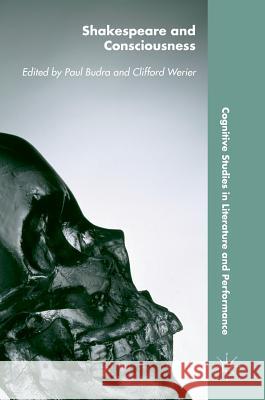Shakespeare and Consciousness » książka
topmenu
Shakespeare and Consciousness
ISBN-13: 9781137596710 / Angielski / Twarda / 2016 / 307 str.
Kategorie:
Kategorie BISAC:
Wydawca:
Palgrave MacMillan
Seria wydawnicza:
Język:
Angielski
ISBN-13:
9781137596710
Rok wydania:
2016
Wydanie:
2016
Numer serii:
000366881
Ilość stron:
307
Waga:
0.52 kg
Wymiary:
21.95 x 15.21 x 2.29
Oprawa:
Twarda
Wolumenów:
01
Dodatkowe informacje:
Bibliografia
Wydanie ilustrowane
Wydanie ilustrowane











